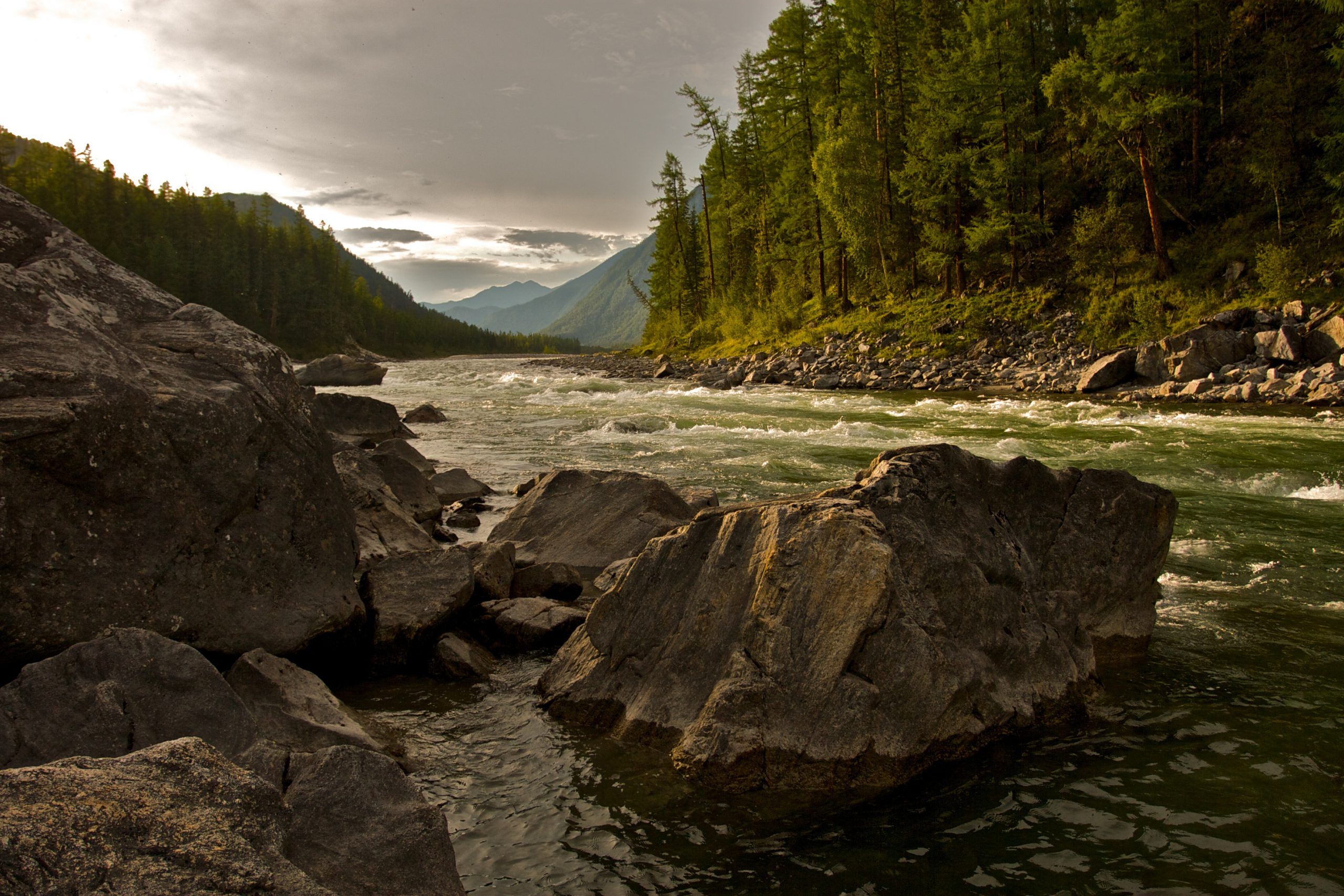
Why would a college graduate give up his $25,000 in savings, abandon his car, and change his name to “Alex Supertramp?”
These are thoughts that are brought to the forefront of one’s mind when reading Into the Wild, a national bestseller by Jon Krakauer. This captivating narrative strikes a unique chord with many. It is about a young man, Christopher McCandless, who gave away all his savings and decided to try to discover himself by living life on his own.
After traveling for a few years doing odd jobs and hitchhiking around the country, McCandless decided to go on a huge adventure into the Alaskan wilderness. While there, he attempted, unsuccessfully, to live off the land and off the grid. His dream was never realized, and he ended up dying alone in an abandoned cabin.
The question we all ask while reading his tragic story is this, “What would possess this guy to take such risks?”
I think it is far too easy and missing the point if we just write him off as a mentally unstable person who had a death wish. Was it his hubris that led to his death, going completely unprepared into the Alaskan wilderness?
Examining McCandless’ life should bring about some healthy introspection. Does what possessed Chris to make it on his own in the wild also dwell inside of us? What drove him to live the life he lived? Do we have the lure of the wild in us as well?
Really, while Chris’ story is a sensational example, his narrative is not much different from any of ours. His story, like all of our stories, is one of identity. He went out searching for his identity in nature. He chased thrill after thrill, trying to find satisfaction by living off the land and isolating himself from what he saw as the perils of modern culture. It is important to realize that we are very similar to Chris. Whether we look for our identity in nature, or in culture, or in our personal achievements, the truth is we all want to discover our real identity. We want happiness and joy and purpose.
And, while the vast majority of us won’t travel into the Alaskan wilderness and perish while trying to live off the land, many of us will wander through life, searching for meaning in all the wrong places. The same fault that befell Chris is something we are far too often guilty of as well. We simply try to make sense of life on our own. And that is exhausting and pointless.
The wisest man to have ever lived, Solomon, tells us as much in Ecclesiastes. Here is a king who could have whatever he wanted whenever he wanted. From money to women to drink to possessions, he had it all and tried it all. His conclusion? It’s all vanity. Meaningless. Like chasing the wind.
When will we stop trying to find ourselves and instead realize that we are hopelessly lost? When will we stop trying to cure ourselves when we are diseased beyond repair? When will we stop trying to be our own savior?
Ultimately, we can learn something incredibly vital from Into the Wild, and from the life of Solomon: you can’t save yourself, no matter how hard you try.
We are irrevocably broken. We can’t save ourselves. We have an existential crisis on our hands that we can’t fix. So what can we do about it? Nothing. Fortunately, we don’t have to. Christ already did. The Gospel frees us to stop trying and start trusting. To embrace Christ’s finished work on our behalf. To accept our new identity as children of the King, purchased by his precious blood. The cross changes everything and gives us our true identity.
The question of life’s purpose won’t be answered by taking risks or unplugging from culture. The only answer for that question that will ever make sense is “Jesus.”
The tragedy of Chris McCandless’ story is that he died of starvation alone in the Alaskan wilderness. But the greater tragedy is that everyone without Christ is as lost as he was.

